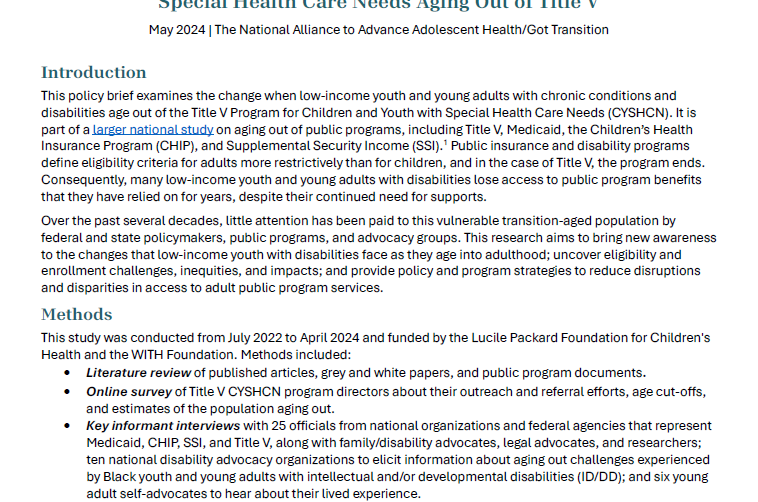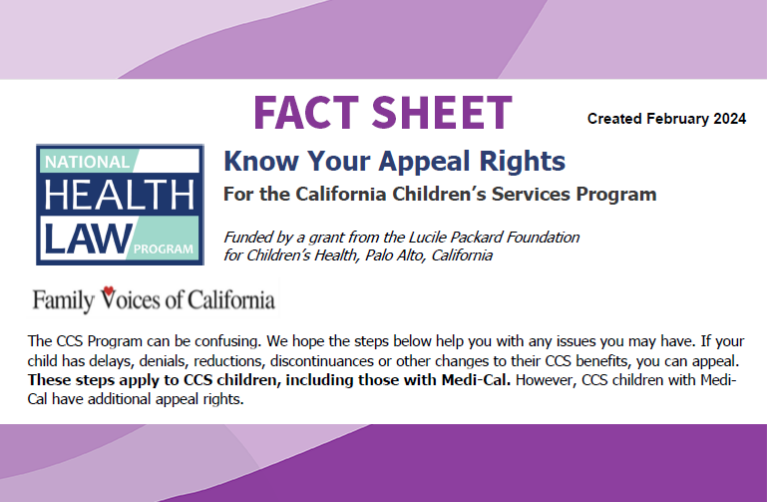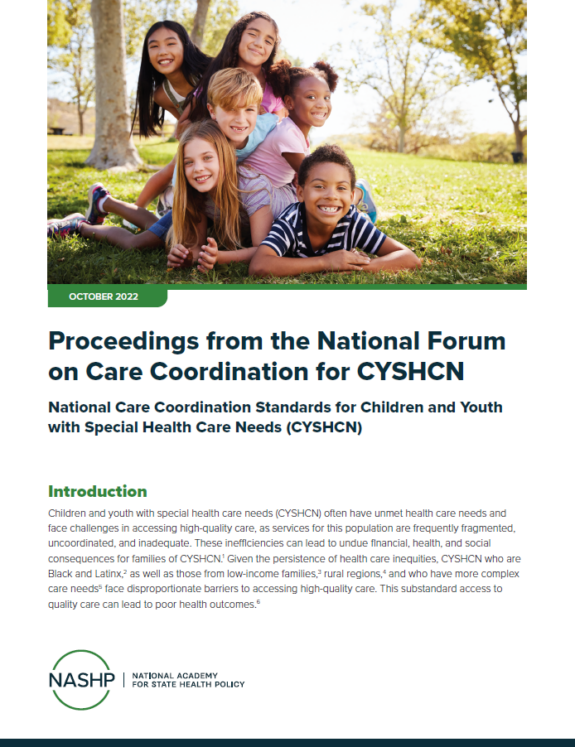Profile: Amy Breedlove, Exceptional Parents Unlimited Children’s Center
Sometimes, all a family needs is a phone call on their behalf. Sometimes, an entire health care system needs to change.
Amy Breedlove steadily navigates the space between those two extremes as she coordinates care for children with special health care needs in California’s Central Valley, where many of the families she serves live in rural isolation and poverty.
Breedlove is a Care Coordinator Assistant at the Exceptional Parents Unlimited Children’s Center in Fresno (EPU), which helps children with significant medical and developmental challenges. Her work is a key part of EPU’s Central California Care Coordination Project for Children with Special Health Care Needs, which is supported by a grant from the Lucile Packard Foundation for Children’s Health.
The Central California Care Coordination Project builds on Fresno County’s longstanding SMART Model of Care (Screening, Make a Decision, Referral and Treatment), in which children ages 0-6 at risk for developmental issues can access EPU and other community service agencies for assessment through a single referral line. EPU already served children with disabilities, developmental and behavioral concerns; the Lucile Packard Foundation grant was used to bring together a team of providers and agency representatives to improve the system to address the challenges of more medically complex children.
That’s where Breedlove comes in. Breedlove supports a care coordination team comprising representatives from local health care providers and health plans, the local Regional Center, California Children’s Services, and the public health agencies. The team discusses systems-level barriers, develops written care plans and coordinates services to implement those plans.
On any given day, Breedlove will meet with families of medically complex children referred to EPU, either at her office or in their homes, asking, “What are the top three things you really need help with?”
Typically, their answers involve qualifying for services from various agencies that have different eligibility criteria, transportation, and medical equipment like wheelchairs, Breedlove said.
“Most of the parents I talk with are coming to me as a last resort; they’re fed up and overwhelmed,” said Breedlove, who has a child with special needs of her own. “They’re still grieving. They’re realizing this isn’t how they saw their lives going. I try to understand that when I’m talking to them, but I also want them to understand that they’re not alone.”
The challenges her families face can be startling. Breedlove recalls one mother who reported waking up hourly at night—for two and half years—to put drops in her son’s eyes, which didn’t close properly. The child was born with a genetic disorder known as CHARGE syndrome; he needed tube feeding and many other medical interventions. Both parents were working and had insurance, but soon the financial burden became overwhelming. They were paying $900 out of pocket each month for specialized formula, Breedlove recalled. “It was a desperate situation.”
The family had been denied services by a local agency that could have helped them pay for formula, so through the Care Coordination Team and the collaborative relationships that have been formed, the agency was asked to reevaluate the child. “Of course, he qualified” for services, Breedlove said. “It’s made a huge difference in their lives.”
Breedlove appreciates the opportunities she’s had to meet with other professionals to iron out problems like these. The goal of the project is using lessons learned from these challenging cases to suggest changes to the system of care that will keep other families from having to deal with the same frustrations.
“People come together from all over the county—from county behavioral health, California Children’s Services, school districts, etc.—it’s a beneficial learning collaborative,” she said. “When you have all these different community organizations that so many of these parents are involved with, and all are on the same page, it really helps the parents. Everyone’s in agreement that the number one goal is to create a system that supports parents to be strong decision-makers for their kids.”
Breedlove says one of EPU’s goals is to provide a greater role for parents on the care coordination team. A “very involved mom” with her own medically complex child now works with Breedlove toward that goal. “She brings the parent aspect of having a medically involved child to the care coordination team. She’s been a great asset in helping involve parents in decision making.”



